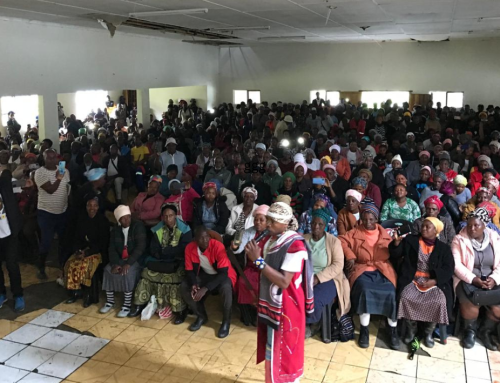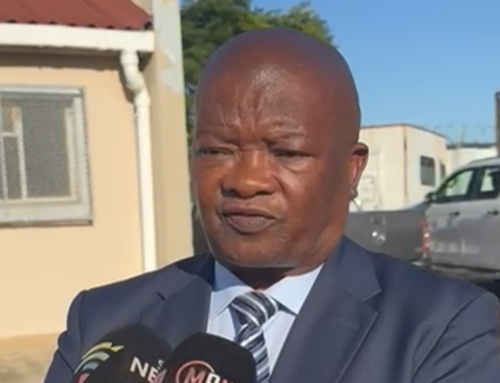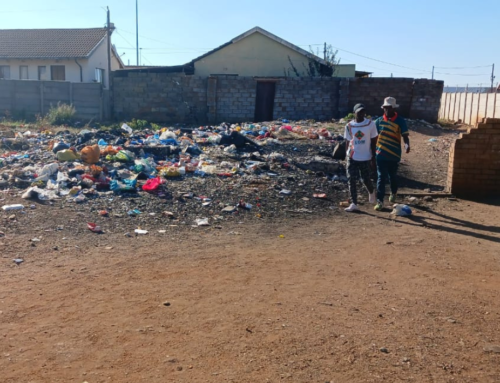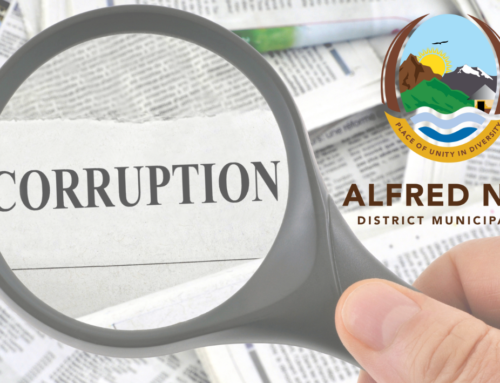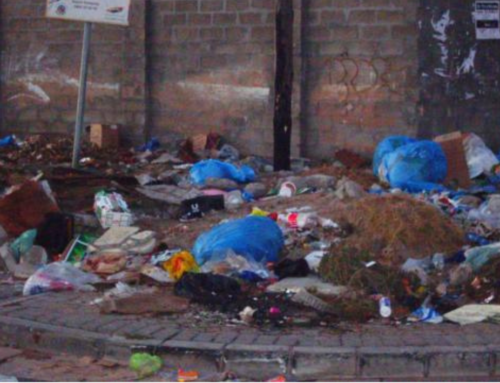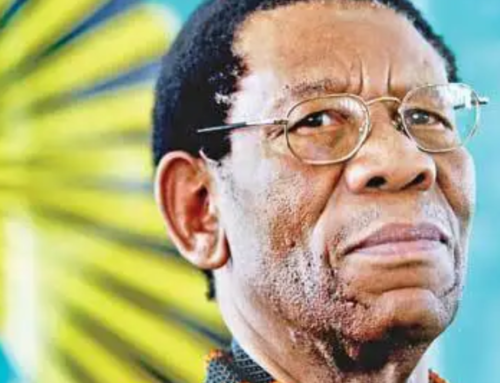

Mr Bantu Holomisa, MP
UDM President
• Discussion Moderator
• Executive Mayor
• Members of the South African Executive
• Fellow panellists and Members of Parliament
• Distinguished guests and participants
Agricultural transformation in Africa must be achieved through meaningful, practical and sufficiently funded policies. This will mean self-sustaining food production, as well as successful competition globally.
The transformation of this sector is urgent, having experienced (to mention the few) the following:
• In South Africa, agricultural subsidies and the use of extension officers have been withdrawn from small scale and subsistence farming. This at a time when global competition has sharply increased.
• Developed countries invest in technologically advanced production methods, which results in developing countries in Africa falling behind.
• Developing countries rely on their developed counterparts for agricultural technologies. Such technologies continuously improve, whilst developing countries are still learning how to take advantage of them. Consequently, money that could have been spent on production, is used to catch up on technological advances.
• Traditional land management policies and systems, which are key factors in preserving certain habitats and site-specific biodiversity, have been abandoned. This has contributed to an upset in the delicate balance between agriculture and biodiversity.
• Land ownership and security of tenure has not been resolved, which would enable owners to work their land and use it as collateral to obtain credit. This leaves us with hectares of idle land.
• Climate change has sped up desertification on the Continent, which has led to a scarcity of usable/farmable land that should be adding value to these economies.
• There has been an over-emphasis on industrial or market driven growth. Thus, many African countries lost steam and significant agricultural growth is suppressed. This has, in turn, resulted in the decline in agricultural activity and exacerbated poverty and malnutrition.
The United Democratic Movement proposes that, to boost agricultural productivity and stop poverty on the continent, we need to begin with a vision.
Such a vision must be anchored in:
• Elimination of extreme poverty, hunger and malnutrition;
• Production of sustainable organic food; and (but not limited to)
• Increasing the continental competitive edge in food production.
To achieve this vision, we need to have a clear roadmap based on increased food productivity, reshaping our agricultural landscapes, negotiating better trade conditions, effective financing, infrastructure improvements and the development of the value chain.
To traverse this road, African legislators, governments and communities (traditional leaders, households, community organisations, etc.) must work together and, amongst others:
• Revive subsistence farming, reinstitute agricultural subsidies and employ extension officers.
• Realise the centrality of women and youth in the production of organic food for consumption at a household level.
• Adopt policies that 1) reduce obstacles to trade and support value chain development, 2) promote technical innovation, 3) infrastructure development and 4) capacity building.
• Such policies should focus on matters such as: soil fertility and preservation, land tenure, irrigation and the enforcement of legal and social rights of people.
• Adopt regulations that are responsive to local opportunities and learn from past lessons, experiences and success stories in other countries in order to stimulate and sustain growth.
• Establish strong institutions, appoint ethical and visionary leaders who are capacitated to implement policies with better funding, whilst also reducing the input costs.
• Transform the agricultural landscape through an inclusive process and integration of relevant policy makers and institutions. For example, in South Africa, the ministries of agriculture, land affairs, trade and industry, including as small business development and municipalities.
• Invest in research and innovation to detect megatrends and simultaneously add value to the population and economy.
• Consider the impact of climate change and the sustainable use of natural resources and ecosystems. This would require climate smart solutions and investment in eco-based approaches, modern technologies and enabling of environmental enhancement and uptake.
• Effective conserving of wild biodiversity in agricultural landscapes, coupled with coordination and strategic support to agricultural communities and conservationists.
My recent visit to Germany has exposed me to what I believe is one of the best systems of land tenure and management. Land is used to the maximum and there are no parcels of non-productive land.
I am certain that African countries can learn a lot from that their example and adapt their management style to local scenarios.
Thank you



